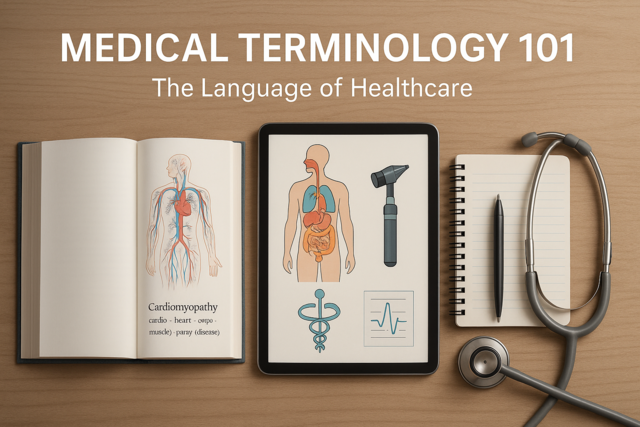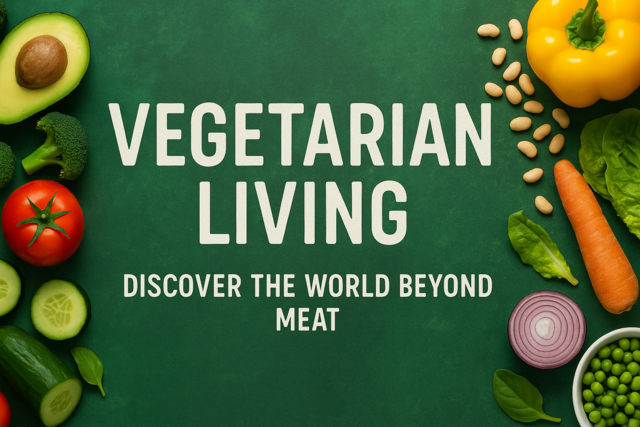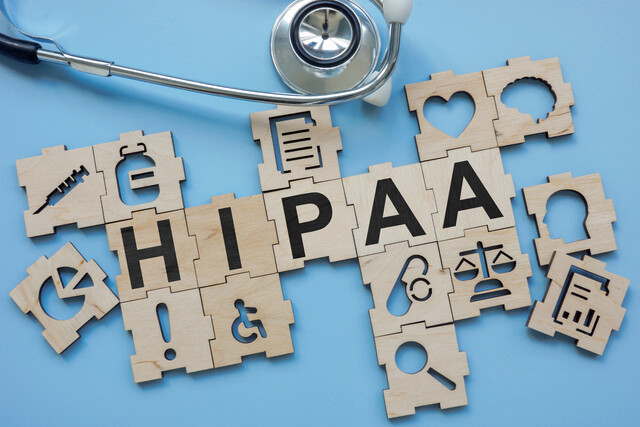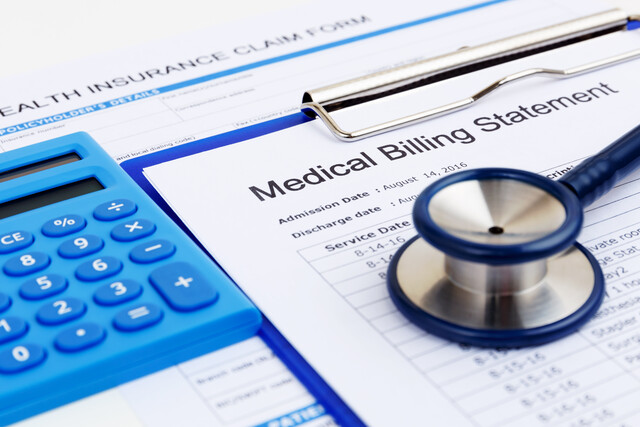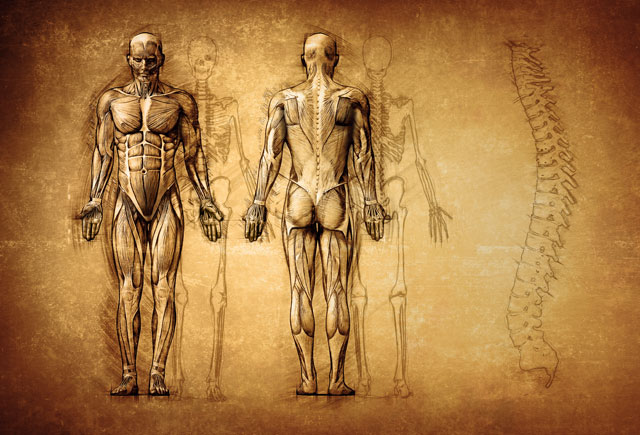Before Pregnancy:
The very best time to consider giving your unborn child the best is actually long before you are even pregnant. One of the most important considerations in pregnancy is the nutrition of the mother. I recall being told in high school to drink milk and eat yogurt because my body could be preparing for pregnancy even though I simply could not imagine having a baby yet.
That bit of information made an impact on me. I began to evaluate everything I did that could contribute to or take away from my nutritional health. Realizing that what I put in my mouth that day would affect my future child was amazing. Salads, seeds, and beans took on a new appeal for me, as did milk, yogurt, and lean white meat and fish. Just the other day, I turned to my daughter and told her that eating milk and yogurt are good habits. The calcium will strengthen her bones. It will also make her a strong mother if she ever chooses to be come pregnant in the future. She is only fourteen.
- Do you drink a lot of alcohol?
- Do you smoke?
- Do you use/abuse drugs, recreational or prescription?
- Are you at your ideal weight?
- What is your fitness level?
- How well do you sleep?
- What is your current stress level and how is it affecting your life?
Pregnancy can also affect other aspects of your lifestyle.
Evaluate everything.
Change what you can before pregnancy.
Alcohol:
Every one of the above activities or conditions can have an impact on your unborn child. The first issue is alcohol. Most mothers-to-be know that alcohol is toxic to the fetus. What many couples do NOT know is that a byproduct of alcohol, acetaldehyde, is toxic to sperm. Sperm production is a 100 day cycle. Men, that means if you have had trouble conceiving, you should eliminate alcohol from your diet three months BEFORE you want to try to have a baby.
It is vital that you and your partner control your drinking now. Alcohol depletes B vitamins, contributes to a poor diet, and because of the high calorie count, alcohol is fattening. Cut out the alcohol now because most women do not realize for a couple of weeks that they are pregnant, and even one drink is toxic to a newly forming baby.
Smoking:
Smoking increases free radical damage to your body and it uses nutrients that are essential to egg and sperm development. Smoking has been linked to low birth weight of babies, to birth defects, and to learning disabilities in the child. The best time to quit smoking is before you conceive. Second-hand smoke is dangerous; your partner needs to quit too.
Drugs:
The only drugs you should ever take are those prescribed for you, or over the counter medications as needed. However, once you are pregnant, even these must be discussed with your obstetrician. Prescription drugs are only to be taken if your health-care provider knows you either are pregnant or intend to become pregnant soon.
Recreational drugs are toxic to both sperm and egg production.
Health:
Optimum health is the best start for a pregnancy. The most obvious predictor for a healthy baby is your nutritional status and your weight.
If you are overweight you could be less fertile and run a greater risk of miscarriage than a normal weight mother. You also run additional risks of complications during your pregnancy. Evaluate your weight and determine if you can lose even ten percent of your excess weight. This amount can often be enough to improve your ability to carry your pregnancy easily and balance your hormones.
Exercise is vital for good health whether or not you are pregnant. Aside from the obvious physical benefits, exercise improves your mood and your perspective on life. As a general lifestyle choice, choose an exercise that you enjoy; one that you will be willing to continue during pregnancy, or if it is too strenuous for later pregnancy, one you will pick up after the baby is born. Bear in mind, unless your O.B. doctor expressly forbids exercise, it is a good idea to walk for at least half an hour every day. Just because you have become pregnant does not mean you will now participate in aerobics from the comfort of your couch.
Sleeping Habits:
What are your sleeping habits doing for your overall health? Sleeping well allows your body to recharge; giving your brain vital rest. We can sometimes push our bodies to exhaustion, but our brains are what suffer. For good brain health and function, cultivate good sleep habits. Establish a sleep pattern, and allow your body to become accustomed to the new rhythm. It is actually a good thing to go to bed before you are exhausted. You will actually sleep better. Pregnancy is a new experience for your body, and sleep will help your body to adapt to its new state.
Stress:
We live in a society where we seem to be on the go constantly. While it seems as though we learn to adapt to such a pace, the reality is that our bodies are actually compensating. Often without us even being aware of it, our blood pressure increases, we have elevated cortisol levels, gastric reflux and irritable bowel syndrome become words we actually understand because we have experienced the conditions. Stress is a very real life issue. Learning to deal with it will help you throughout your pregnancy as well as for the rest of your life. Looking into yoga, meditation, or self-hypnosis classes can all be helpful for reducing stress. Working toward a stress-free lifestyle can help you throughout your pregnancy and after the baby is born.
Work Issues:
Many woman are able to work the full-term of their pregnancy with no ill effects. Initially, the first four weeks, can be difficult because of the pregnancy related fatigue that strikes. The best way to handle this is to go to bed earlier so that you get more rest at night. If there is any possibility that you can take a catnap at work, take advantage of that opportunity. Do not try to stay alert with a double shot espresso, caffeine is not one of the best substances for you or your baby during pregnancy. More on work issues later.
One thing you will need to consider is whether or not there are hazards for you and your baby at work. You need to evaluate whether or not you are in a safe environment for your developing child.
The following items are cause for concern:
|
If your job requires you to be exposed to any of the above concerns, it will be necessary for you to talk with your supervisor about getting reassigned, or take precautions to prevent exposure to things that will harm you and your baby. This is the first time you will come to your child's defense, and it will not be the last.
Age as an Issue:
For women in their 30s and 40s, there are a few considerations to evaluate, but more and more older women are getting pregnant and delivering healthy babies.
While it is true, the risk of certain complications does increase with the age of the mother, many of the old wives tales about older mothers had to do with mothers who had poor prenatal care and were having the last of many children. If you start your pregnancy in good health and get good prenatal care throughout your pregnancy it is very likely that you will deliver a healthy baby.
Risks for mothers over 35 can include:
|
Pregnancy and You
Your pregnancy is going to mean a lot of changes for you, both physically and emotionally. Learning to adjust to your pregnancy and planning for the upcoming responsibilities of motherhood can bring about feelings and emotions that seem to swing up and down from one day to the next. These emotional changes ranging from feelings of exhilaration and delight to feelings very close to depression are the result of physical and hormonal changes that are occurring to your body. As your baby grows, your body will experience very real physical changes. One of the most common issues is fatigue, and many feelings of anger and depression are the result of being physically tired.
Hormonal fluctuations of progesterone, estrogen, and other chemicals in your body account for some of your mood swings. Merely being aware that this is a normal part of pregnancy can help you to accept them and be more comfortable in dealing with them. Because you will be feeing a little more emotionally fragile for a little while as your body adjusts to pregnancy you will need additional support from your partner and your family. You will need compassion, understanding, support, and encouragement as you journey through this unique and amazing phase of your life.
Your relationship with your partner will be a very important part of your pregnancy. If you are feeling ambivalent about the pregnancy and are not sure exactly how you feel, chances are good your partner will have similar feelings. This is very normal. Becoming a parent is an enormous change, and brings with it responsibilities and concerns that you've never experienced before. The best thing that you can do is to share these concerns with each other rather than keeping them to yourself.
There will be times when your mind is elsewhere, and you are not as present to your partner as you once were. This is especially true in terms of having sexual intercourse. There will be times when your partner is interested in a romantic interlude, but you are not. Rejecting him in such a sensitive way can cause him to believe that you are rejecting him, which is likely not the case. The truth of it is that you are likely tired, worried, or just having a "moment" and need some cuddling and understanding. Let your partner know that you love him and need him to be with you, but without the sex involved right now.
Your partner might actually seem to be withdrawing from you, spending more time at work and focused on bills and other financial concerns. He is not rejecting you; he is truly focusing on the responsibilities of his upcoming role as a father.
It is vital that you both talk about your feelings and emotions during the pregnancy. Misunderstandings can easily be handled if you are open and honest with each other. Emotions can be the cause of some wild times, especially if you do not try to talk about them. Find time, when you are calm and feeling pretty stable, to talk to your partner about your feelings for him, your feelings for the pregnancy, and what you envision for your future.
Food:
One of the most important aspects to your pregnancy for both you and your baby is your nutritional intake.
Food is the essence of life. It is from food that we derive all of our nutritional requirements from protein, carbohydrates, fats, vitamins, and minerals.
By looking at the food that you eat and evaluating your needs you can give your baby the very best start possible. Start by establishing as nutritious a diet you can with fresh fruits and vegetables, lean meats, and a little bit of fat. Your dietary needs do increase once you become pregnant, but that does not mean you need to consume two twelve-ounce steaks at one sitting. Your caloric intake needs to increase by about two hundred to three hundred calories per day.
Your hormonal changes early in your pregnancy can make it difficult to eat normal meals, but you can work at establishing an eating schedule where you eat every couple of hours. This can often help with intermittent nausea, which can occur when you are hungry. Try to eat three healthy meals a day and healthy snacks two to three times during the day.
This is a good time to pay close attention to food labels, especially if you have never done so before. Many pre-packaged foods contain many preservatives, food colorings, flavor enhancers like MSG, and the worst of all, added salt and sugar. It is wise to limit your intake of artificial sweeteners during pregnancy. There are those who believe artificial sweeteners are perfectly safe during pregnancy, but such studies are not conclusive.
Rest:
Pregnancy causes many changes to your body, many of which need a period of adjustment in order to feel normal. Initially, you may feel fatigued, even before you know that you are pregnant, and most women feel more tired than usual in the early weeks. There is nothing wrong with taking it easy. You are now a new mother, and giving in to feelings of fatigue is appropriate.
You will be happy to know that once your body adjusts to the burden of pregnancy you will be able to resume your regular routine without too much difficulty. In fact, regular exercise is good for both you and the baby.
Your relationship with your prenatal doctor or midwife is one that should be comfortable for you as well as one that gives you the information that you need. Too often women are shuttled about like pieces of meat, feeling as though they are just being read a script that that their pregnancy is nothing special to their doctor.
Your pregnancy IS important. Your caregiver is there to ensure that both you and the baby have as healthy a pregnancy as possible. You will be inundated with advice from everyone who discovers that you are pregnant, some of it will be accurate, and some of it will not be accurate. Your prenatal caregiver will be your source of accurate information and advice.
Every time you plan to see your caregiver, take a list of questions that you have kept since the last time you were there. This way you will remember to ask everything that is important to you. If you have a pressing question that cannot wait until your next visit, call the office and ask for the nurse, nurse practitioner, or midwife for assistance.
Something to remember is that most medical care today is designed forpathology. Pathology, by definition, is the study and diagnosis of disease. Most pregnant women are NOT diseased. This is where you and your caregiver will be at odds. Your doctor will be very well versed on all possible pathologies that can occur in pregnancy and will try to prepare you for all of them and likely will attempt to test you for all of them. Some of these can be useful to you. Others are merely for your doctor's information and are not necessary.
Most pregnancies are normal, natural, and very health. Your doctor is really there in case there is possible pathology development. The rest of the time, remember that you are in charge of your pregnancy and you have the right to insist on, or to refuse specific interventions.
Empowering Yourself:
One of the best things that you can do for yourself is to remember who is in charge of your pregnancy. You are. You are capable of making decisions for your own care. Your caregiver will give you advice and suggestions and most of the time you will agree with them.
Contrary to popular opinion, the mother is totally autonomous. It is critical that you realize this and know that doctors are legally and ethically bound to respect it. You and your caregiver will create a balance between your autonomy and his. Your doctor cannot perform a caesarean section without your signed consent; your doctor does not have to do surgical procedures or provide medical care that they do not feel is appropriate, or might even be dangerous to you or the baby.
The Importance of Educating Yourself:
This is the information age. Be careful of the information that you find on the Web. Not all Web sites are well researched and anyone can put anything they wish on a Web site and you may have no way of knowing that it is accurate or even safe.
Check with sites that are well known to you, and sites that are well backed or researched before accepting their advice as safe for pregnancy.
Your library has many books on pregnancy and prenatal care that can answer many of your questions. One of the best books on pregnancy is called What to Expect When You're Expecting by Heidi Murkoff, and Sharon Mazel in its fourth edition, available at Amazon.com. This book covers everything from week by week fetal development to the safety of tattooing during pregnancy.
Knowing how to respond to unwanted or unneeded advice puts you in a more powerful position. When you do not know the answer to something, it is easy to allow yourself to be persuaded to doing something that you do not want to do. Educate yourself about your pregnancy, read everything about it that you can. Learn what your baby is doing at each stage of development.








